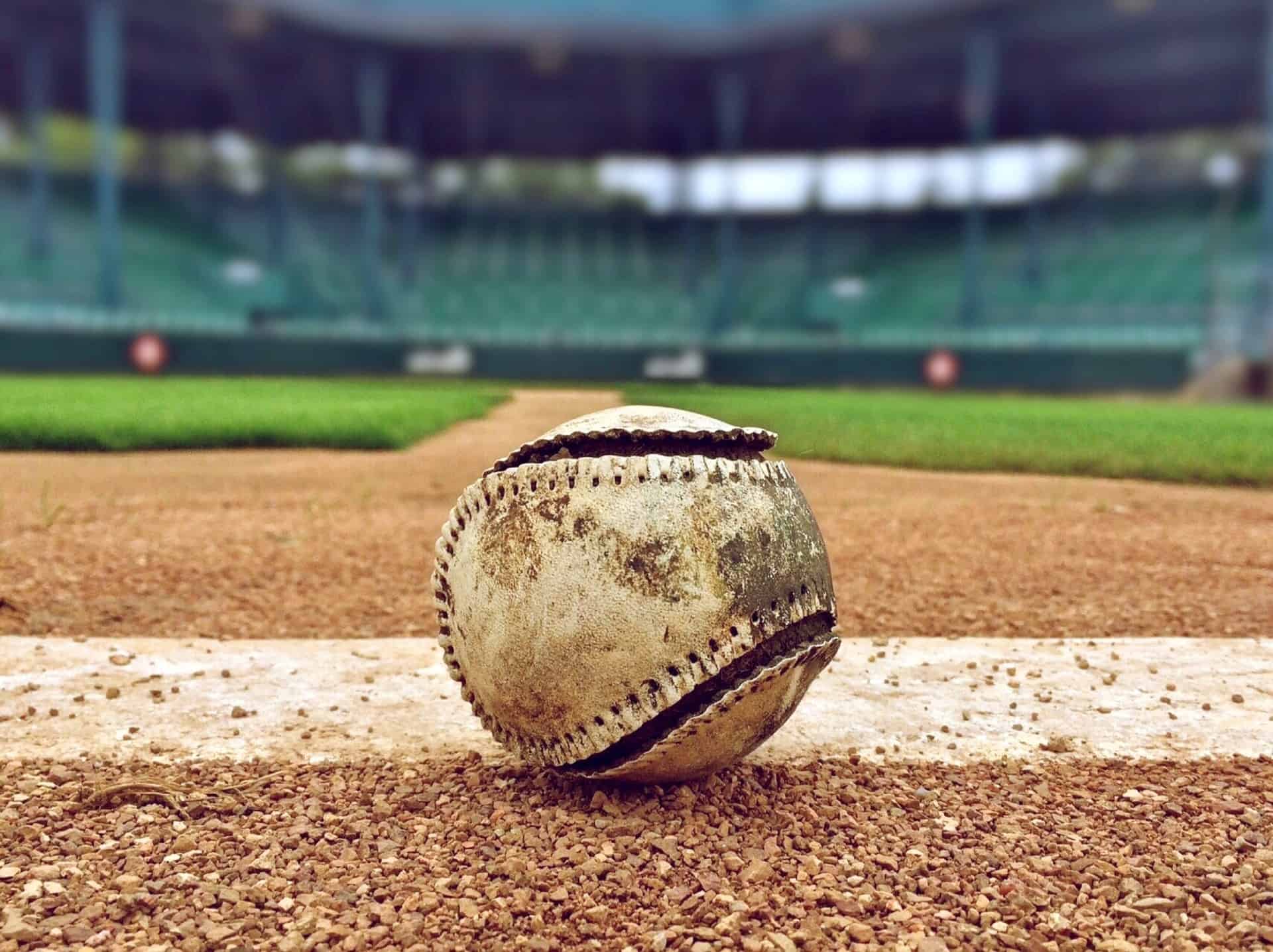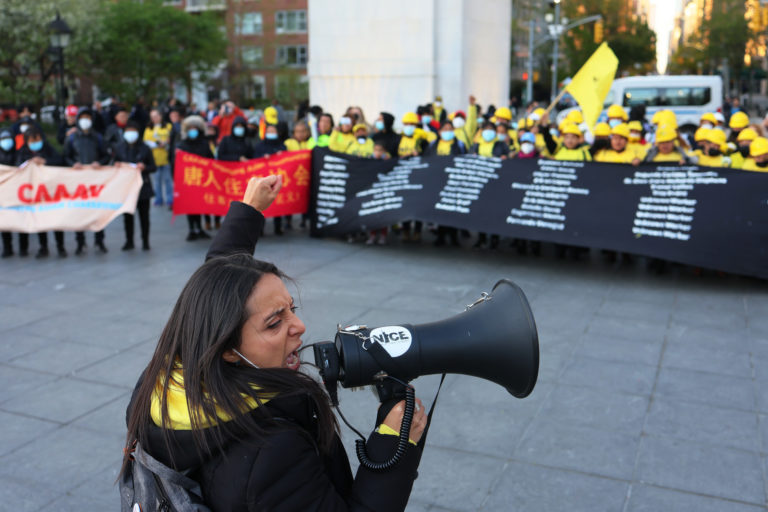
Vinny Parthasarathy is a student at Harvard Law School and a member of the Labor and Employment Lab.
The National College Athletic Association (NCAA) is the regulator of student athletics among around 1,100 schools in both the United States and Canada. Currently, the organization is facing two class action lawsuits in the State of California that claim that the NCAA has curbed compensation for thousands of coaches in violation of antitrust law. These lawsuits were filed by volunteer coaches, who do not receive any compensation. Each case seeks more than $5 million in damages.
The plaintiffs in these cases are Taylor Smart and Michael Hacker, who seek to represent volunteer baseball coaches, and a group of other plaintiffs, who seek to represent volunteer coaches in sports other than baseball, such as softball and wrestling. The plaintiffs in both cases allege a violation of § 1 of the Sherman Act, 15 U.S.C. § 1. , which provides: “Every contract, combination in the form of trust or otherwise, or conspiracy, in restraint of trade or commerce among the several States, or with foreign nations, is declared to be illegal.” The 9th Circuit has held that only “unreasonable restraints of trade” are prohibited.
Allegations by the Coaches
Each school and team is limited to a certain number of paid coaching spots. By adopting NCAA Bylaw 11.01.06, NCAA member schools agreed to allow one additional coach – the “Volunteer Coach.” Until January 2023, this coach was unable to be paid for their work. Other restrictions were placed upon their ability to be compensated in other ways, including meals, housing, health insurance, and other employment benefits.
Still, these coaches often worked over 40 hours per week and had many of the same duties and responsibilities as the paid coaches on the team. They had to attend the practices and games, travel to away games, and work with the teams on their strategies. Both the plaintiffs in the baseball suit allege that they worked 5-6 days a week and traveled to away games. Smart’s duties included being the first-base coach during games, the team’s assistant hitting coach, and developing as well as helping run practice. Hacker’s duties included being the pitching coach and developing as well as helping run practice. Their complaint states that a volunteer coach “performs significant valuable work, and who would be paid for that work in a competitive market, but who cannot be paid for that work.”
In a proper labor market, each school would openly compete for coaches and pay them the salaries that the market commanded. The plaintiffs allege that the NCAA created this bylaw in order to take advantage of those whose “career aspirations and love of sport” allow them to take a position without pay.
Legal Standard
To state a claim under § 1 of the Sherman Act, a plaintiff must show: “(1) a contract, combination or conspiracy; (2) that unreasonably restrained trade under either a per se rule of illegality or a rule of reason analysis; and (3) that restraint affected interstate commerce.” The plaintiffs had a contract that affected interstate commerce, so the analysis will rest on whether there was an unreasonable restraint on trade.
There are three categories of analysis that courts have adopted to determine whether actions have unreasonably restrained trade – per se, quick look, and rule of reason. “The per se rule condemns practices that ‘are entirely void of redeeming competitive rationales.’” For example, horizontal price fixing would be a per se Section 1 violation. The Rule of Reason “requires a court to ‘conduct a fact-specific assessment of market power and market structure’ to assess a challenged restraint’s ‘actual effect on competition.’”
Here, plaintiffs allege a horizontal agreement to fix prices. This was because the bylaws adopted by the NCAA and their member schools capped the salary of the volunteer coaching positions at $0. If proven, this would be a per se violation of the Sherman Act. However, in NCAA v. Board of Regents of the University of Oklahoma, the Supreme Court announced that “it would be inappropriate to apply a per se rule” to cases involving the NCAA because it is “an industry in which horizontal restraints on competition are essential if the product is to be available at all.” Thus, for NCAA cases, the courts apply a quick look analysis, which requires that a plaintiff shows “that a horizontal agreement to fix prices exists, that the agreement is effective, and that the price set by such an agreement is more favorable to the defendant than otherwise would have resulted from the operation of market forces.” The court will likely also rely on Law v. NCAA, a case where a group of NCAA basketball coaches were able to prove that a “restricted earnings coach” rule, which limited annual compensation of some Division I entry-level coaches to $16,000, was a violation of the Sherman Act.
Status of the Case
Judge William Shubb has rejected an NCAA motion to dismiss the cases as the judge ruled that the plaintiffs had alleged enough facts sufficient to show a violation of § 1 of the Sherman Act. Although the plaintiffs were successful in this step of the case, it will be much more difficult to actually prove that there was a conspiracy by schools across the nation to suppress the coaches’ wages.
The coaches attempted to do this by requesting discovery including (1) Information identifying volunteer coaches and compensation data of paid assistant coaches in those sports at those schools, and (2) documents from members of the NCAA’s governance boards and committees who are employed by schools or athletic conferences that relate to proposed and enacted changes to the bylaws at issue in this case. Ultimately, this request was rejected by a magistrate judge because the plaintiffs failed to meet the burden to prove that the NCAA has access to this information from their member schools. Now, the plaintiffs will need to issue subpoenas to member institutions to obtain the information they seek, but the plaintiffs fear that the process of subpoenaing individual schools will be extremely burdensome. The jury trial is scheduled to begin in September 2025.










Daily News & Commentary
Start your day with our roundup of the latest labor developments. See all
July 2
Block, Nanda, and Nayak argue that the NLRA is under attack, harming democracy; the EEOC files a motion to dismiss a lawsuit brought by former EEOC Commissioner Jocelyn Samuels; and SEIU Local 1000 strikes an agreement with the State of California to delay the state's return-to-office executive order for state workers.
July 1
In today’s news and commentary, the Department of Labor proposes to roll back minimum wage and overtime protections for home care workers, a federal judge dismissed a lawsuit by public defenders over a union’s Gaza statements, and Philadelphia’s largest municipal union is on strike for first time in nearly 40 years. On Monday, the U.S. […]
June 30
Antidiscrimination scholars question McDonnell Douglas, George Washington University Hospital bargained in bad faith, and NY regulators defend LPA dispensary law.
June 29
In today’s news and commentary, Trump v. CASA restricts nationwide injunctions, a preliminary injunction continues to stop DOL from shutting down Job Corps, and the minimum wage is set to rise in multiple cities and states. On Friday, the Supreme Court held in Trump v. CASA that universal injunctions “likely exceed the equitable authority that […]
June 27
Labor's role in Zohran Mamdani's victory; DHS funding amendment aims to expand guest worker programs; COSELL submission deadline rapidly approaching
June 26
A district judge issues a preliminary injunction blocking agencies from implementing Trump’s executive order eliminating collective bargaining for federal workers; workers organize for the reinstatement of two doctors who were put on administrative leave after union activity; and Lamont vetoes unemployment benefits for striking workers.